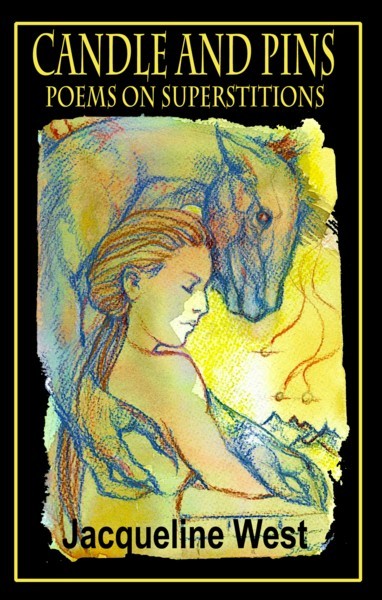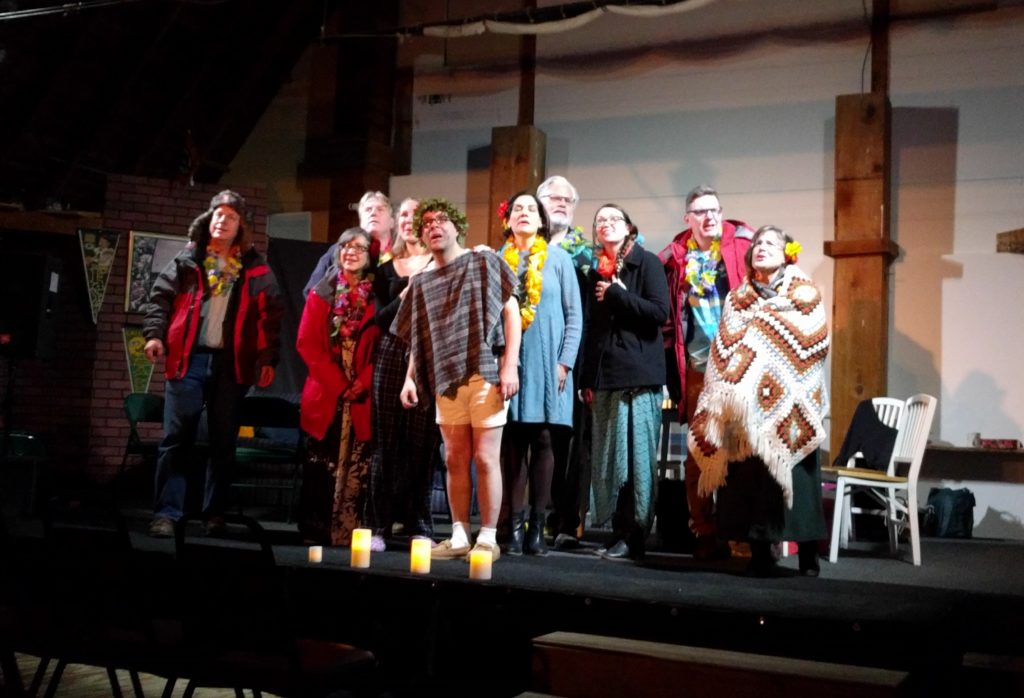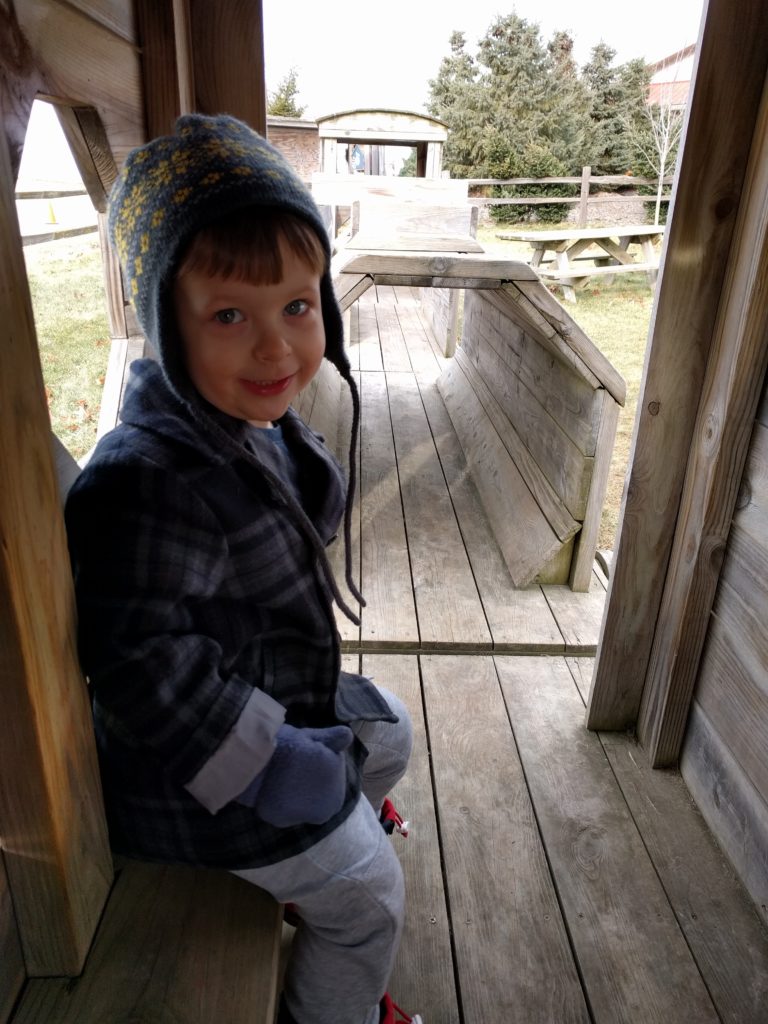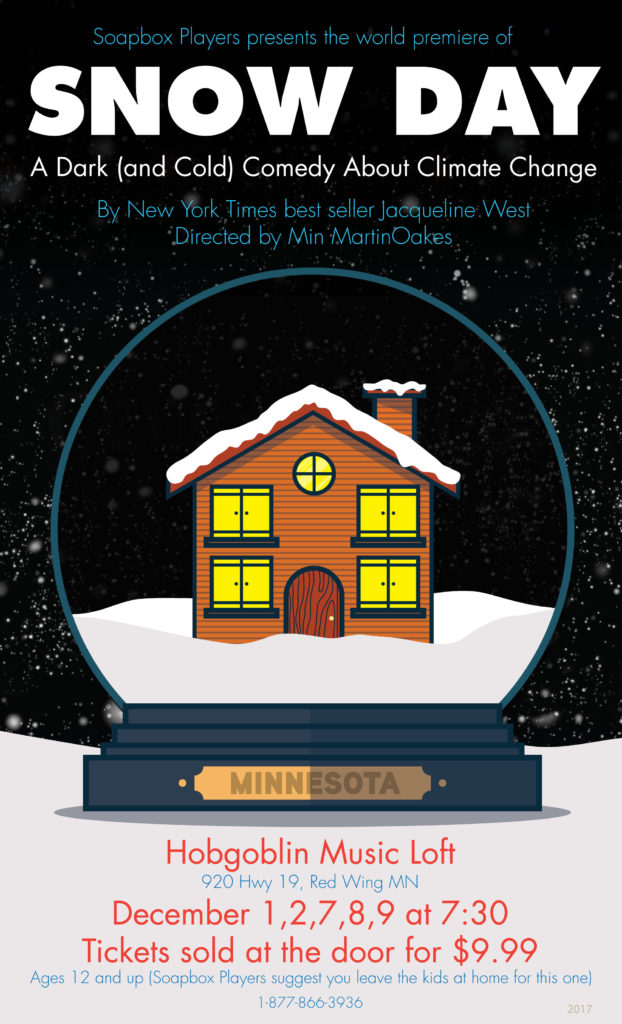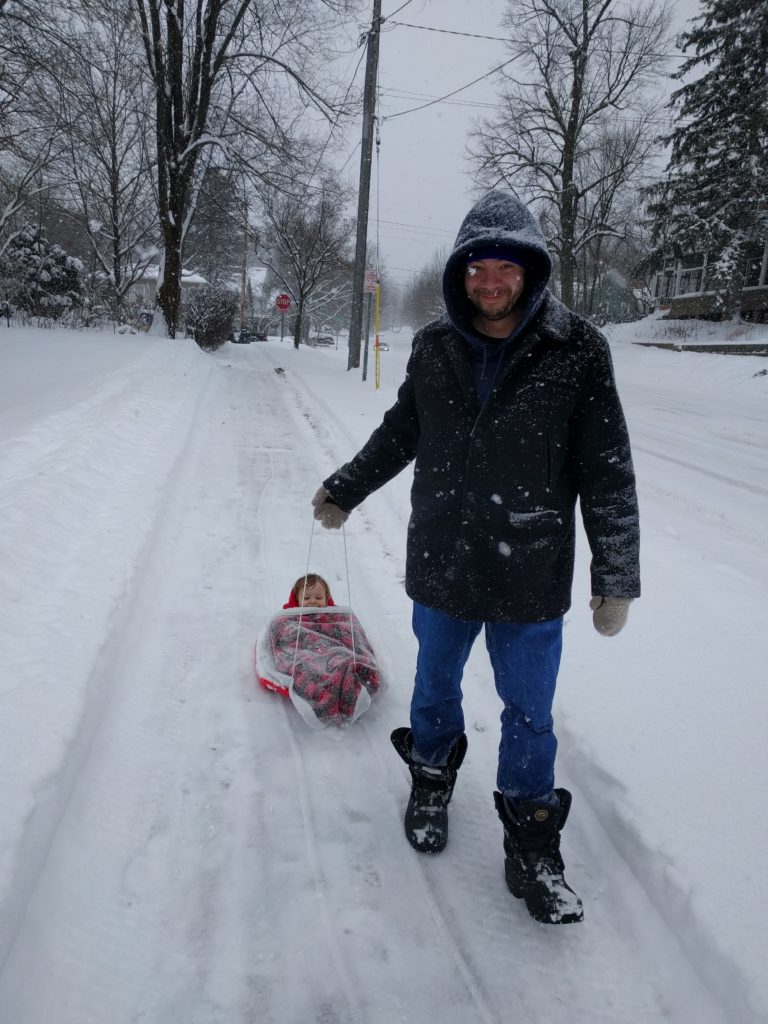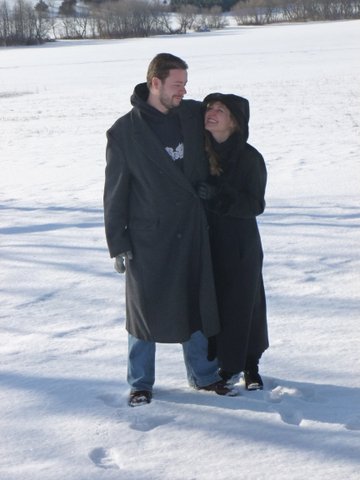Do you think it’s a bad sign that you update your blog so infrequently, you essentially forget how to do it and have to relearn all the simple steps every time? I think it might be a bad sign.
Well, it’s been another shamefully long gap between posts, and I have some giant news that I’m STILL waiting to share (it won’t be much longer, I promise!), but I recently got some reader mail that was so inspiring it forced me back into blogging action.
I get lots of notes from young readers and writers. Every single one of them makes me feel lucky, and many of them come with fantastic questions. Last week, a young writer named Alana got in touch to ask for my help with her school’s Passion Project, and I said I’d do my best to answer her questions — and then she sent me an interview that was so insightful and challenging, it took two days’ worth of brain power to complete it. (When your almost-two-year-old has the stomach flu and you’re up half the night changing bedding and deliriously reading Berenstain Bears books, you have a bit less brain power than usual. That’s my excuse.)
I asked her permission to share the result…and here it is. *Note: I don’t consider myself much of an expert on anything, even the things I do obsessively/professionally. But this is my honest advice. These are some of my best tips and tricks. Use or ignore as you will.
Thanks again, Alana.
- How do you choose or make up names for characters(first and last names), setting, objects, etc.?
For me, it tends to work in one of two ways: Either the perfect name pops into my head right away, almost like the character (or place) already knows her/his/its own name, and is introducing herself to me…or I spend a long time daydreaming, making lists, and trying out different options before I find the name that feels just right.
Obviously, the first way is a lot easier! Olive from The Books of Elsewhere turned up in my head with her name already in place, and the cats had their names from the very beginning too (because their names were stolen straight from three real cats named Horatio, Leopold, and Harvey, who belonged to friends of mine).
The second way, unfortunately, is a lot more common. Often, I’ll know a few important things about a character (or place or object)—things about their appearances or ages or personalities or interests—and then I search for a name that matches those things. With Rutherford, for example, I knew I wanted him to have an unusual, old-fashioned, scientific or historical name. Then I did a bunch of research and list-making, and when I found out that a scientist named Ernest Rutherford is considered the father or nuclear physics, I knew I had found the right fit.
- How do you hook the readers in right away with your first sentence, paragraph, or chapter?
Ooh, that first sentence is SO important. It needs to be something that will make your readers want to keep reading. As long as it does that, it can be about practically anything.
I often try to create a first sentence that will plant an important question in a reader’s mind, or that will immediately start building a vivid picture—or both. The very first line in The Books of Elsewhere is “Ms. McMartin was definitely dead.” I hoped that this line would immediately make readers wonder who Ms. McMartin was, how she died, why it’s important that she’s definitely dead—and that it would start the book out on the right creepy/odd/mysterious note. The first line in my latest novel, Dreamers Often Lie, is “There was blood on the snow.” I thought this line would create a striking image, and that it would make readers wonder whose blood it was, what happened, etc.
A good first line needs to pull the reader in. Beyond that, anything goes.
- How do you create characters that seem real and are relatable?
Years and years of practice! 🙂
All your characters need to have their own distinct perspectives and hobbies and habits, their own vocabularies and speech patterns, their own fears and wishes and secrets—just like real people (but even more interesting!). It often takes me months or years of daydreaming before I feel like I know my characters completely. Sometimes I have to write about them to get to know them; I have to put them in a situation where they’re scared, or where they’re having an argument, and I figure out how they would behave. Eventually, with time and writing, I know them so well that I can plop them into any situation and know exactly what they’ll say or do. I know what’s inside of their dresser drawers, what they dream about, what they eat for breakfast. I know exactly what’s going on in their minds.
Once you know your characters that distinctly, you can thread the important details about them into the story. Hopefully, your readers will end up feeling like they actually know your characters too.
- What do you do when you have writer’s block?
Something else.
I take a break from writing and do something completely different: go for a walk, play fetch with my dog, bake cookies, read someone else’s book. Usually, while I’m trying not to think about my own writing and all the problems in it, a solution to those problems will pop into my mind.
Also, I always work on more than one project at once, so if I run out of steam on one thing, I can switch to the other without losing any time.
- I would like to create characters that contrast but go well together. However, I do not want them to be disliked by readers. How do you think I could accomplish this?
As long as a reader understands and believes in your characters, those characters can be flawed in all kinds of ways. They can even be horrible, monstrous villains, and your readers will still want to hear about them.
It’s natural for your characters to have conflicts with each other. In fact, it would be pretty unrealistic and dull if they never did. As long as your reader understands why those characters want different things, the reader can understand or sympathize with all of them at once.
- What are some ways to make your plot more interesting for the reader to keep reading?
When we’re trying to come up with a plot, writers often think “and then…and then…and then…” This can kind of make your plot feel like a list of things that happen, without any strong connections between them. Try thinking “but…” instead. It can give your writing a greater sense of forward momentum.
For example, a plot construction could start like this: Mia goes to school. Then she finds a mysterious key on the playground. Then she discovers that the key opens doors to some other, dangerous realm.
It’s okay, but it feels a little flat and dull, right?
If I used the “but” idea instead, it can give the plot construction a lot more momentum and tension:
It’s Mia’s first day at a new school, but she’s shy and she doesn’t know any of the other kids, so when she arrives, she keeps to herself. She’s alone at the edge of the playground, waiting for the school day to start, but then she spots something in the grass. It’s a key—but it doesn’t look like any other key she’s ever used. It’s heavy and thin and silvery and odd. The first bell rings, but Mia is so intrigued by the key that she doesn’t notice. When she finally looks around, the playground is empty, and all the other kids are already inside. She bolts to the school door, but it’s locked. Even though she’s sure this won’t work, Mia tries putting the weird silver key in the lock…and the door opens. But what’s on the other side of the door isn’t a school at all.
See what I mean?
Of course, you don’t always have to think “but” instead of “and then”—it won’t always make sense in your stories—but it can help to give a story lots of twists and reactions, which keeps up the tension.
- How do you include details in your writing, while trying not to bore the readers with too much of it?
Great question!
It’s important for you, as a writer, to know all the tiny, insignificant details about your characters and settings, but you have to constantly ask yourself which details are worth being included. You want to use enough that your readers will be able to create clear pictures in their minds, but not so much that it feels boring or slows down the story.
When you’re introducing a character or place or important item for the very first time, you have a lot more freedom to linger on the details, helping your reader to create an image that he or she will use again and again while reading—but you don’t want to do this every time. Basically, you want to condense. Make things as vivid as they can be, but as well-paced as they have to be.
If I were introducing a new character, I could tell the reader: “The woman was probably between twenty and thirty years old. She had long black hair down to her elbows. Her skin was light brown. Her nose and chin and other features were small and symmetrical, except for her mouth, which was a little wider and redder than it needed to be. She wore a flowing blue cloak that might have been made out of silk or satin or another expensive material. Her eyes were dark brown, but with flickers of green light in their depths.”
It’s just too much stuff.
So, if I were to condense this and pick out the most important things, I might write, “The woman had long black hair, a flowing blue cloak, and light brown skin. Her features were small and symmetrical, except for her mouth, which was a little wider and redder than it needed to be. Her eyes were the color of a lake hidden in the shadows of a forest.”
- How do you create an antagonist that the readers will hate as much as the protagonist would?
If you make us care about the things that the protagonist cares deeply about—maybe her pet, or her home, or a friend or family member—and then have the antagonist hurt any of those things, that can work really well! Think of Harry Potter: It’s crummy when bad stuff happens to Harry, sure. But when Dobby the house elf, or Dumbledore, or another really lovable character gets hurt, that’s HORRIBLE, right? Then we feel not only fear/grief for that character, but we feel Harry’s fear, grief, and rage as well.
- How do you express emotions of you characters in your writing so the reader would feel it too?
I’m always trying to put myself—and my reader—directly inside of my characters. When I’m describing thoughts or emotions, I try to think about how they would impact a character not just mentally/emotionally but physically. This can really help to put us inside a character’s skin. If my main character is deeply sad, I wouldn’t just name that emotion—that would feel kind of shallow and bland. Instead, I’d try to describe how that emotion made her body feel. Maybe she would feel like her skeleton is made out of lead, and she can barely drag her heavy feet across the floor. Or maybe she would feel like she’s made out of blown glass, and any tiny injury would make her shatter. Then I might show the way she moves or speaks, paying attention to pace and verbs and vocabulary, trying to reveal her specific kind of sadness in each choice I make.
- What are some ways to help your brain when you run out of ideas?
Try taking a break! That’s what I do. Either switch to another activity, or to another writing project, and see if that helps get things flowing again.
Also, every writer needs time to recharge her/his imagination. For many of us, that involves reading, watching, or listening to other writers’ wonderful stories. Art, theater, movies, music, and books can all be the fuel that gets you going again.
- When I am writing dialogue, I try to avoid using the word said too much, but the words that I substitute in for it sounds weird. What do I do then?
Actually, the super-famous bestselling author Stephen King, whose book, On Writing, is one of my favorite how-to writing books in the world, argues that the BEST form of dialogue attribution (“dialogue attribution” means words like “replied,” “asked,” “gasped,” “whispered,” “croaked,” etc.) is “said.”
Of course, you can—and should!—use other forms of dialogue attribution if it makes sense, or if it shows us something important about your characters or what they’re doing. “I don’t love you anymore,” she whispered paints a pretty different picture from “I don’t love you anymore,” she shouted at the top of her lungs, right? And other terms, if they’re used sparingly, can have a really great effect.
But in general, when you’re writing dialogue, the attribution should almost disappear in the reader’s mind. What’s important is the words that the characters are actually saying. If you try to use a word other than “said,” and then, when you reread the line, that word sounds weird and distracting to you, it’s taking away from the power of the actual dialogue. Unless you feel like a line needs something more specific, try sticking with “said.”
- What do you do when your writing sounds choppy and doesn’t sound good as you want it to be?
Rewrite, rewrite, rewrite.
My first drafts never sound as good as I want them to be.
And neither do my second drafts. Or fourth drafts. Or eighth drafts.
But that’s normal. Writing is a process. It’s not supposed to be perfect right from the start.
There are lots of things I do that help me revise: I often take a break—sometimes for weeks or months—from a book so that I can go back to it with fresh eyes. I have a group of fellow writers who I meet with once a week; we share our works-in-progress and give each other honest feedback. Sometimes I have someone read my work aloud to me. Mostly, I just reread and rewrite over and over again, until the sentences sound as smooth and complete as I can make them.
It takes forever. But that’s normal too.
- Whenever I come up with a new idea to add to my story, it seems like it’s from another book and I am just copying that idea. What do I do then?
Yeah, I’ve been there.
The truth is, pretty much every idea you can come up with has been used before. (Well, maybe not if you’re Roald Dahl, but that’s the way it is for most of us.) Suzanne Collins was accused of stealing the idea for The Hunger Games. J.K. Rowling was accused of stealing the idea for Harry Potter—and then the writer she was accused of stealing it from said that he’d actually stolen the idea from someone else. And of course there are a zillion novels that intentionally steal and retell fairy tales, folktales, and myths. Unless an author takes another author’s material and uses it word for word, none of this really matters very much.
What makes a story unique is how it’s told.
If a thousand writers sat down to write stories about creepy old houses, talking cats, and magical paintings—the big elements in The Books of Elsewhere—no two of those stories would be exactly the same. The plots, characters, and themes, the dialogue, the use of descriptive and figurative language, the tone and pace: they would all be completely different.
As long as a story sounds like you, not any other writer, that’s what matters.
Writers and the books they’ve read are a lot like cooks and their pantries. The more different kinds of books you’ve read, the more ingredients you’ve stored up in your kitchen cabinets. If you only ever read Marissa Meyer’s books, or Leigh Bardugo’s books, or Raina Telgemeier’s books, your own writing would probably sound a lot like theirs. It would be like only having sugar (or noodles, or cinnamon) in your pantry. But if you read a lot of different kinds of things—fantasy and realistic fiction, comics, scary stories, old books, new books, poetry, memoirs—then you’ll have lots more ingredients in your cabinets. And the things you finally sit down and create won’t sound exactly like anyone else. They’ll be your own unique concoctions.
- What are some things that you should not do when writing or developing ideas for your book?
Don’t tell yourself “no” too much.
Don’t try to make it perfect, right from the beginning. That’s what revising is for.
Don’t think about what’s going to happen when you’re done, or worry about if anyone is going to like it, or daydream about all the money you’re going to make when somebody publishes it and turns it into a blockbuster movie. Just focus on the work you can do today.
Don’t give up.
- Is there any advice that you have for writing and developing ideas for your story?
Personally, I always write my first drafts longhand, with pen and paper. This way, I can make things as scribbly and sloppy as they need to be. I can write myself notes, or cross things out, or doodle in the margins. When I write by hand, I have to slow down and think about and feel every single word, in a way that I don’t when I’m blazing along on my keyboard. Most of all, I know that I’m not trying to make things perfect. I’m not stopping to rethink or revise; I’m just getting the ideas out on paper before I forget them or give up on them.
As for developing ideas: Let yourself daydream. Take your time. I often have one piece of a story waiting in my brain for years before another piece comes along and connects with it. Start thinking of yourself as a collage artist. The world is full of little things you can pick up and use and combine with other things. Notice those things. Make notes. Look out the windows. You never know where your next idea will come from.

(My own slightly blurry House Elf.)



